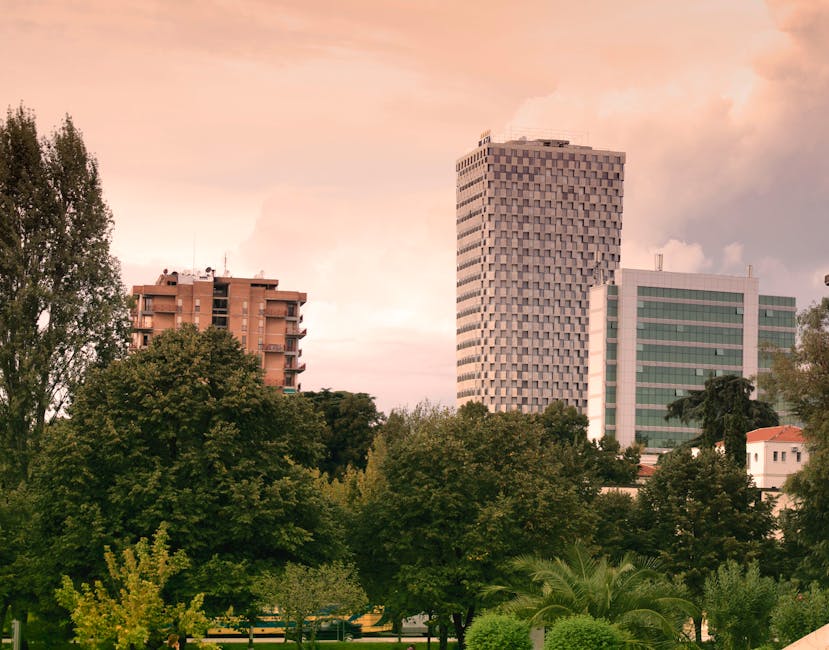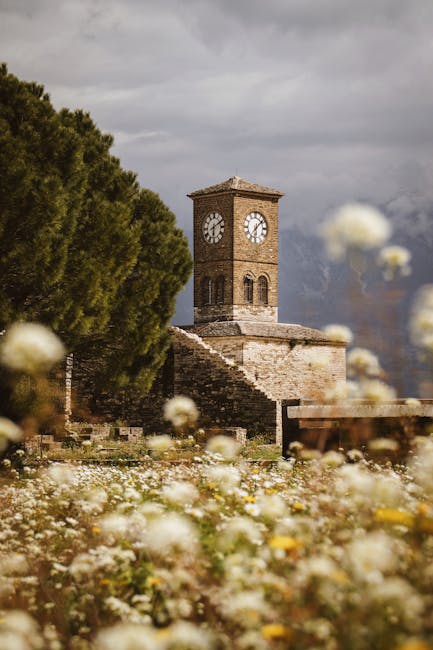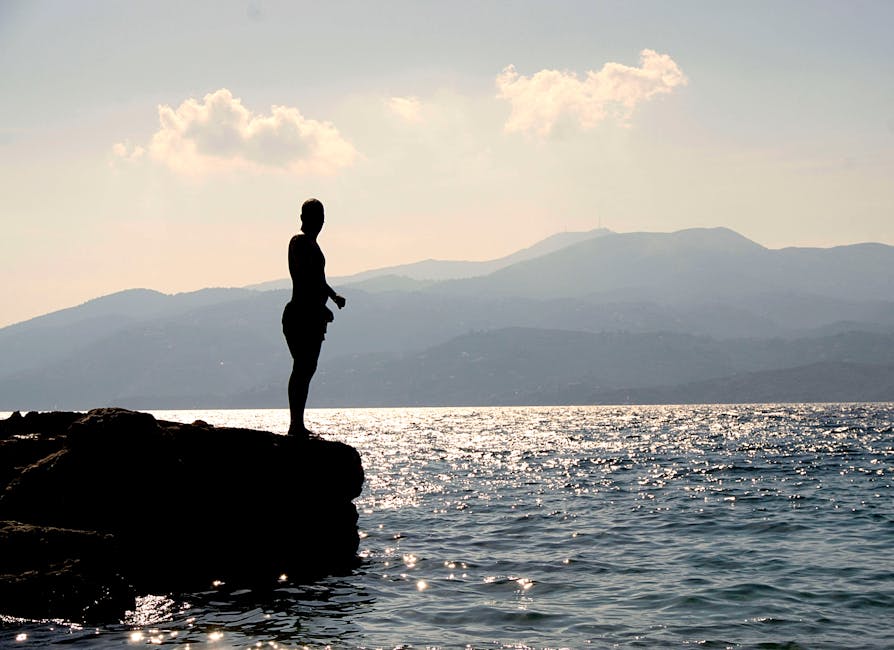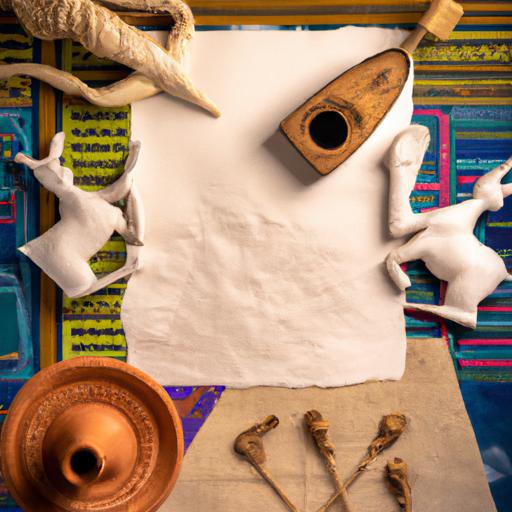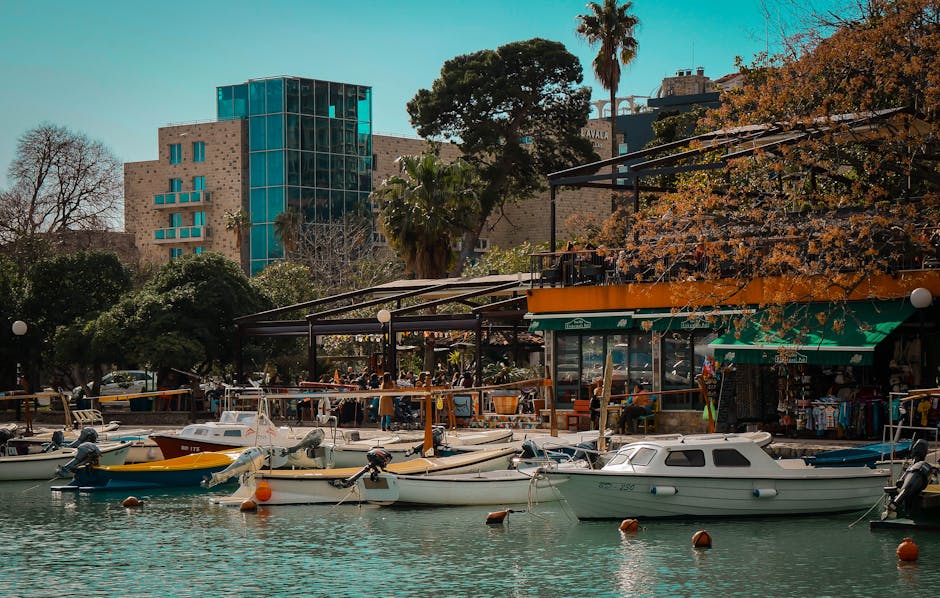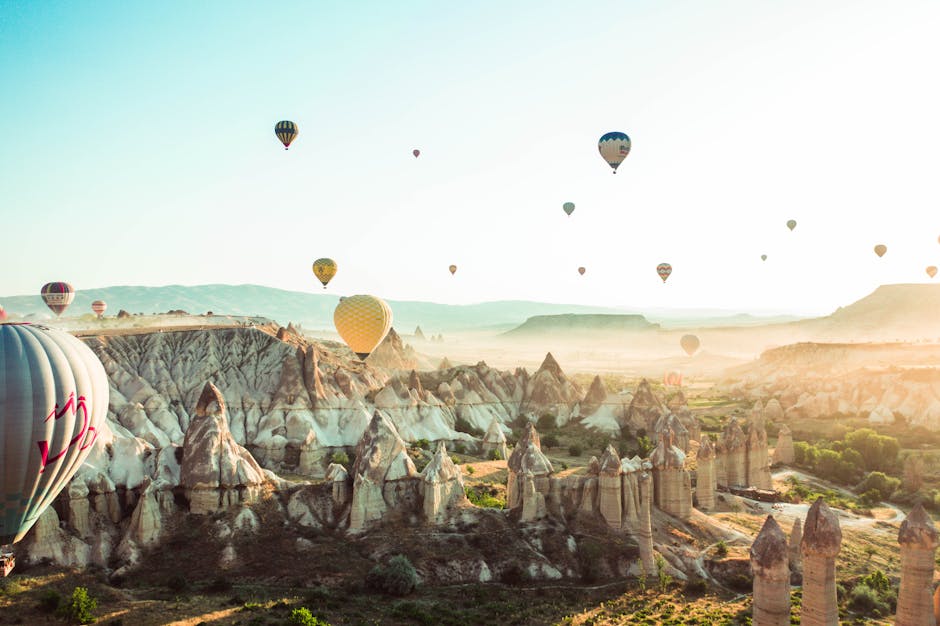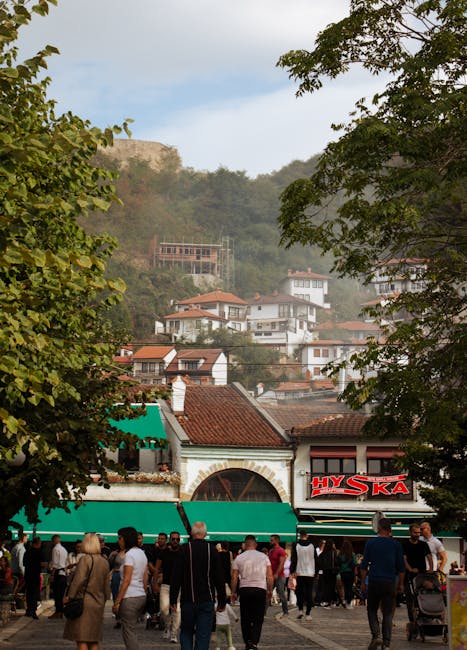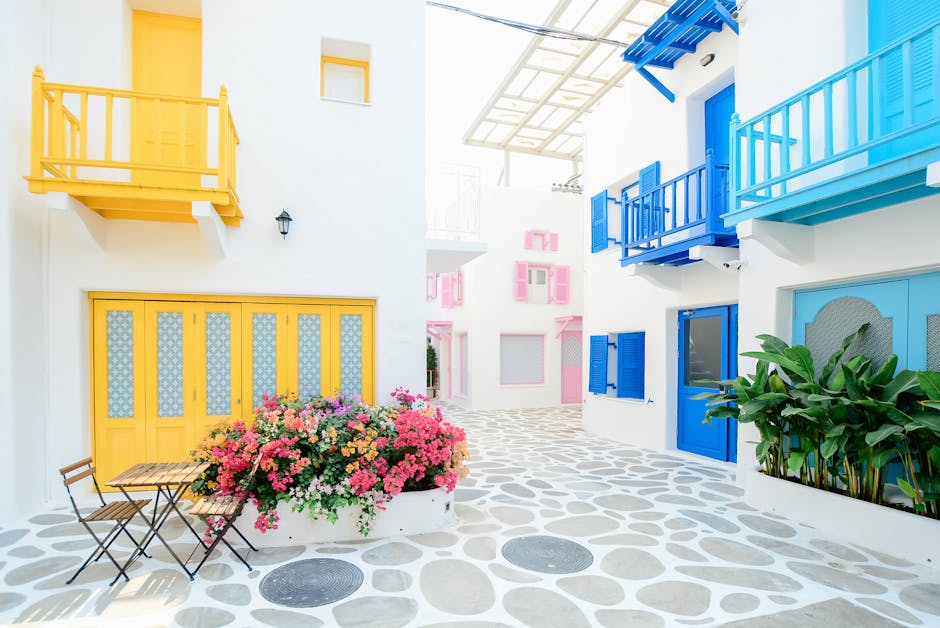Albania
Overview
アルバニアの概要
アルバニアはバルカン半島に位置する国で、美しい自然と豊かな歴史を持っています。周囲にはアドリア海とイオニア海が広がり、壮大な山々や清らかな湖も点在しています。観光客にとって、アルバニアはまだあまり知られていない隠れた宝石のような存在です。
文化と歴史
アルバニアの文化は、オスマン帝国、ギリシャ、ローマなど多くの影響を受けています。首都のティラナには、歴史的な建物や博物館があり、アルバニアの歴史を学ぶことができます。また、世界遺産に登録されている都市、ベルグラード、ギロカスターも見逃せません。
自然の美
アルバニアの自然は驚くべき多様性を誇ります。アルバニアの海岸線は、美しいビーチやクリスタルクリアな海で知られており、特にドゥラスやサランダのビーチは人気があります。さらに、アルバニアの山々はハイキングやトレッキングに最適な場所です。
食文化
アルバニアの食文化は、地中海料理とバルカン料理が融合しています。新鮮な魚、肉、野菜を使った料理が豊富で、特に「タヴェ・クレッカ」と呼ばれる伝統的な煮込み料理はおすすめです。地元のワインも非常に美味しく、ぜひ試してみてください。
旅行の注意点
アルバニアは比較的安全な国ですが、旅行者は一般的な注意を払うことが大切です。特に交通ルールや公共交通機関の利用に注意が必要です。また、英語は広く話されていないため、基本的なアルバニア語のフレーズを覚えておくと便利です。
A Glimpse into the Past
Albania, a small yet captivating country located in the heart of the Balkans, boasts a rich tapestry of history, culture, and natural beauty that makes it an enticing destination for travelers. Nestled between Montenegro to the northwest and Greece to the south, Albania offers a unique blend of Mediterranean charm and rugged mountainous terrain.
The history of Albania can be traced back to ancient times. The Illyrians, an ancient group of tribes, inhabited the region as early as 2000 BC. They were known for their fierce warrior culture and played a crucial role in the geopolitical landscape of the Balkans. The Illyrian city of Apollonia, founded in the 6th century BC, is a significant archaeological site that showcases the influence of Greek colonization and commerce in the region.
As the centuries progressed, Albania came under the influence of several great empires. The Romans conquered the region in the 2nd century BC, incorporating it into their vast empire. The remnants of Roman rule can still be seen today, particularly in the ancient city of Butrint, a UNESCO World Heritage site. Visitors to Butrint can explore well-preserved ruins, including a theater, temples, and a basilica, all set against the backdrop of stunning natural scenery.
Following the fall of the Roman Empire, Albania faced invasions from various tribes, including the Slavs and later the Ottoman Turks. The spread of Islam in the 15th century marked a significant turning point in Albanian history. The national hero Skanderbeg, born Gjergj Kastrioti, led a fierce resistance against the Ottomans from 1443 until his death in 1468. His legacy is celebrated throughout Albania, with numerous statues and monuments honoring his role in the fight for independence.
The Ottoman Empire ruled Albania for over four centuries, and during this time, the population experienced profound cultural and religious changes. The fusion of Ottoman, Byzantine, and local traditions created a unique Albanian identity. The old town of Gjirokastër, another UNESCO World Heritage site, is a perfect example of Ottoman architecture, with its stone houses and cobblestone streets. The town's imposing castle offers panoramic views and a glimpse into its storied past.
In the early 20th century, Albania declared its independence from the Ottoman Empire on November 28, 1912, a momentous occasion that is celebrated annually with a national holiday. However, the newly formed state faced numerous challenges, including territorial disputes and political instability. The interwar period saw Albania grapple with various forms of governance, from monarchy to democracy.
World War II brought further turmoil, as Albania was invaded by both Italian and German forces. The resistance movement, comprised of various factions, ultimately led to the establishment of a communist regime under Enver Hoxha after the war. Hoxha's rule, which lasted from 1944 until his death in 1985, was characterized by isolationism, repression, and a strict adherence to Stalinist principles. The dictator’s regime constructed bunkers throughout the country, many of which remain as stark reminders of Albania’s tumultuous past.
With the fall of communism in the early 1990s, Albania underwent a dramatic transformation. The transition to a democratic system was fraught with challenges, including economic instability and social unrest. The civil unrest of 1997, which saw the collapse of pyramid schemes and widespread protests, tested the resilience of the young democracy. Nevertheless, Albania has made significant strides in recent years, seeking integration with the European Union and NATO.
Today, Albania is known for its stunning landscapes, from the pristine beaches of the Albanian Riviera to the majestic peaks of the Albanian Alps. The coastal town of Dhërmi is a popular destination for sun-seekers, offering crystal-clear waters and vibrant nightlife. Meanwhile, the historic town of Berat, known as the "town of a thousand windows," is another UNESCO World Heritage site, celebrated for its well-preserved Ottoman architecture and rich cultural heritage.
Visitors to Albania will also find a burgeoning culinary scene, with traditional dishes that reflect the country’s diverse influences. Byrek, a savory pastry filled with cheese and spinach, is a must-try, as is Tavë Kosi, a delicious baked dish made with lamb and yogurt. The warm hospitality of the Albanian people adds to the charm of the experience, making travelers feel welcome and at home.
In addition to its historical sites and natural beauty, Albania is home to numerous cultural festivals that showcase its vibrant traditions. The National Folklore Festival in Gjirokastër, held every five years, features traditional music, dance, and crafts, drawing participants from across the country. Such events provide a unique opportunity for travelers to immerse themselves in the local culture and history.
For those interested in outdoor adventures, Albania offers ample opportunities for hiking, kayaking, and exploring its national parks. The Valbona Valley National Park and Llogara National Park are both popular spots for nature enthusiasts, featuring dramatic landscapes, diverse flora and fauna, and breathtaking vistas.
The country’s diverse heritage is reflected in its architecture, with a mix of Byzantine churches, Ottoman mosques, and modern structures. The Et'hem Bey Mosque in Tirana, the capital city, is a stunning example of Ottoman architecture, known for its intricate frescoes and serene ambiance. The nearby Skanderbeg Square serves as a central hub for the city, surrounded by important landmarks, cafes, and shops.
As Albania continues to develop as a travel destination, it retains its authenticity and charm, offering visitors a chance to experience its rich history and culture firsthand. The country’s blend of ancient ruins, vibrant cities, and breathtaking landscapes makes it an ideal destination for those seeking a unique and enriching travel experience.
In conclusion, Albania's history is a fascinating journey through time, marked by resilience and cultural richness. From ancient Illyrian tribes to the legacy of Ottoman rule, the country has emerged as a vibrant nation, welcoming travelers to explore its many treasures. Whether it’s the stunning architecture, delicious cuisine, or diverse landscapes, Albania promises a travel experience that is both memorable and enlightening.
Top cities for tourists in Albania
Discover the Famous Cities That Might Captivate Your Interests
Must-Try Foods You Can't Afford to Miss
Indulge in a Variety of Fantastic Foods During Your Stay in Albania
May Be Your Next Destinations
People often choose these countries as their next destination



